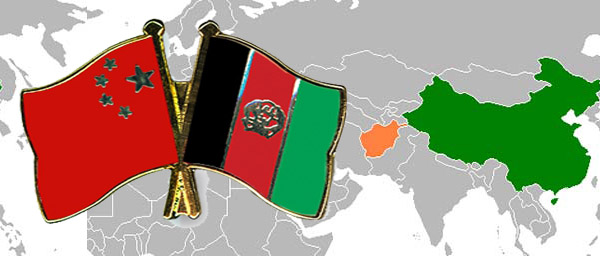Alwaght- China is keen to increase its involvement in the country following the planned America's withdrawal in 2014. But, security problems may still interfere.
On 31 December 2014 NATO will hand over its final security responsibilities to local Afghan forces. The handover will raise new questions for Chinese policy in Afghanistan. On the one hand, Beijing wants a stable Afghanistan. It does not want the country to become either a haven for Uyghur militancy, or for instability to spread through the region. On the other hand, Beijing is reluctant to become too deeply involved in Afghanistan, conscious of the West’s difficult experience over the last decade and fearful of attracting the attention of international terrorist groups .
Against this backdrop, Beijing is unlikely to make any meaningful security commitment to Afghanistan. Instead, China will continue to enhance its diplomatic and economic engagement with the country. Whilst Chinese analysts are uncertain about whether such an approach will ensure stability in Afghanistan, it is seen as China’s least-worst policy option.
China has made a minimal security contribution to Afghanistan since 2001. Its aid commitment to Afghanistan’s reconstruction has been a very modest $250 million. Diplomatically too, China took a low-key approach to Afghanistan between 2001 and 2012. Andrew Small of the America's think-tank the German Marshall Fund sums it up succinctly: “Until then [the end of 2011], China had sat completely on the sidelines. They just used to send people to read out statements in meetings.”
In the last two years; however, Beijing has struck a far more proactive tone. Beijing has pursued many multilateral and bilateral diplomatic tracks with Kabul and Afghanistan’s neighbors. In 2012, the then security chief Zhou Yanking made a visit to Kabul, becoming the most senior Chinese leader to visit the country in decades. In 2014, China appointed a special envoy to Afghanistan and committed to increasing its economic footprint in the country substantially.
Beijing’s main interest is to prevent the spread of terrorism, and in particular terrorist ideology, into Xinjiang, as well to ensure that Afghanistan does not become a strong base for Uyghur militancy. It is not clear that leaving security in the hands of the Afghans, or indeed making huge economic investments in the country, will deal with this challenge. Of course, the other side of the equation is that committing militarily to Afghanistan would not necessarily deal with these challenges either.



























